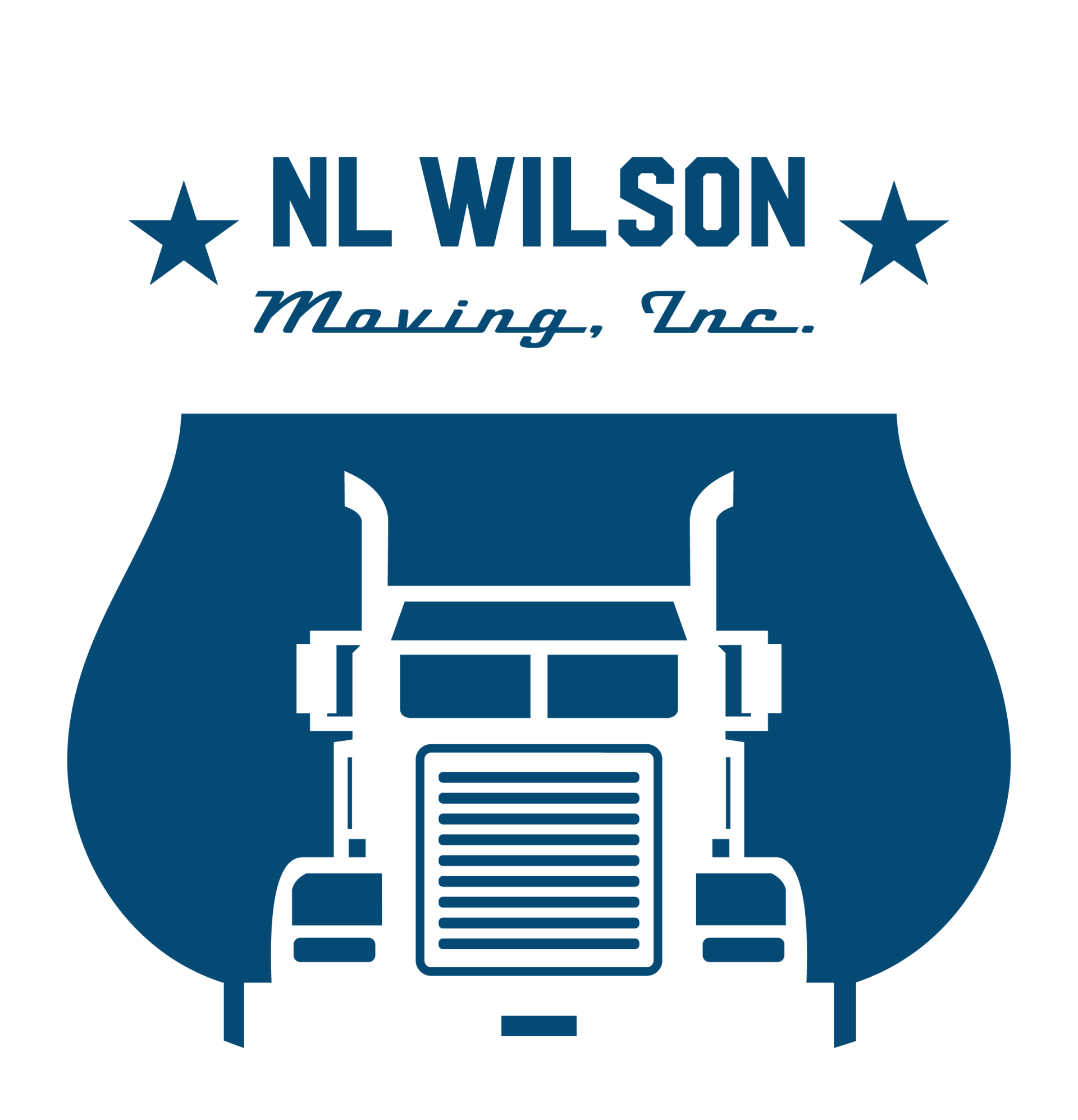Serving the Greater Kansas City Metropolitan Area
Call Today: 913-357-5330
NL Wilson Moving is Proud to be an Interstate Agent for Bekins Van Lines, Inc.
MOVING/PACKING TIPS
Expert Moving & Packing Tips For Your Kansas City Move
If You Want To Move Like A Pro - Let NL Wilson Help
At some point, most of us will plan to move homes in our life. There’s dozens of reasons why, but the moving process always remains the same. When you’re on your journey to a new home, you’ll find that the amount of large and small details can be overwhelming without some level of organization and planning.
NL Wilson has over 50 years of experience in moving, packing, junk hauling and more. We know the best methods and strategies to get you moved, quickly, efficiently and affordably.
Preparing for Your New Move

Set a Moving Budget
The average cost of a local move is $500 for a one-bedroom apartment and $1,400 for a four-bedroom house. Long-distance cross-country or international moves will be more pricey. You can use online moving cost calculators to figure out a rough estimate of what the total cost of your move will be. It’s a good idea to budget enough to cover all costs plus an emergency fund for unexpected expenses.
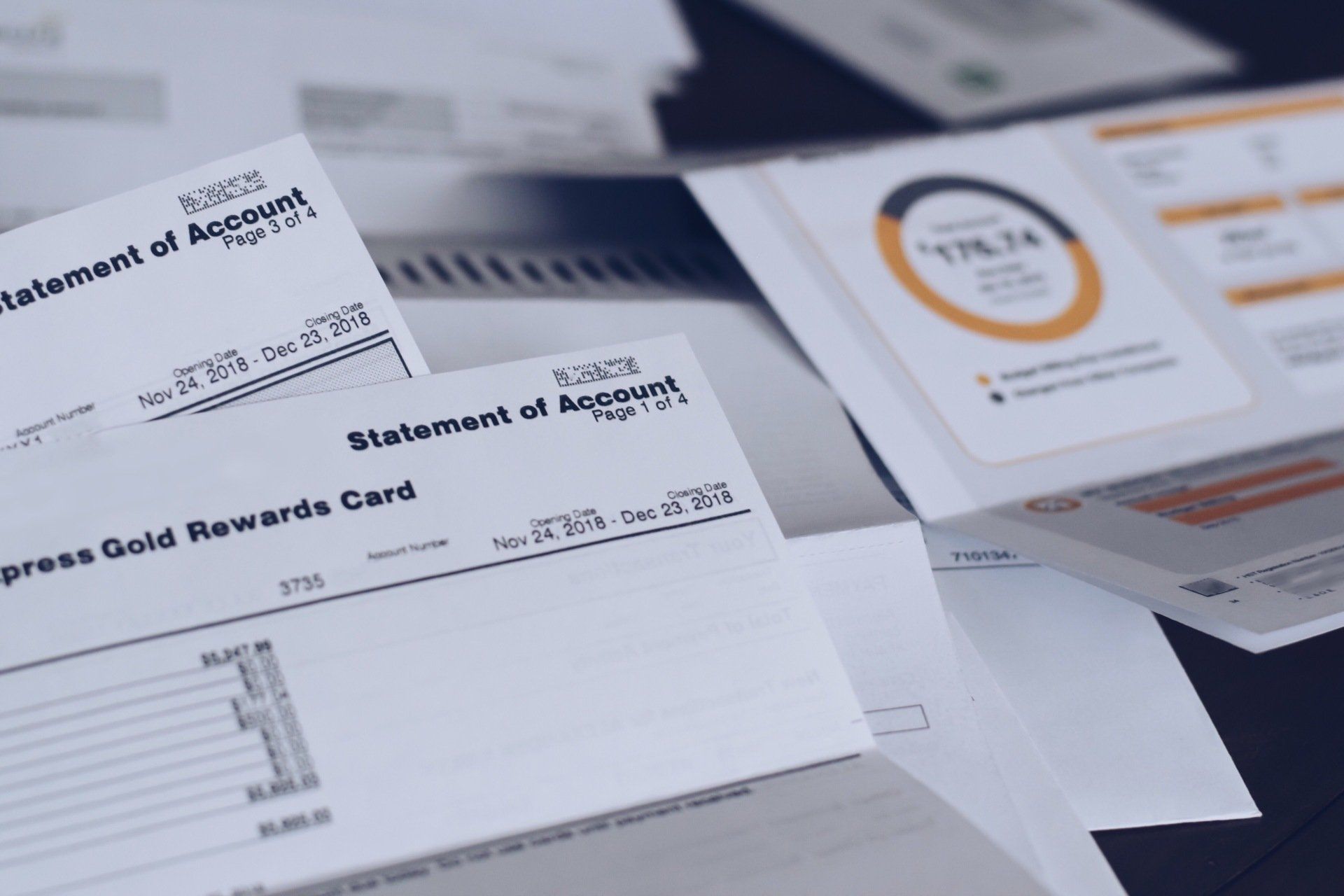
Get Your Utilities Squared Away
Once you know you will be moving, contact your utility companies and make sure the appropriate accounts are transferred to, and installations are scheduled for, your new location. Your utility services typically include:
- Phone & Internet
- Water & Sewer
- Trash
- Gas
- Electricity
- Cable
- Alarm System
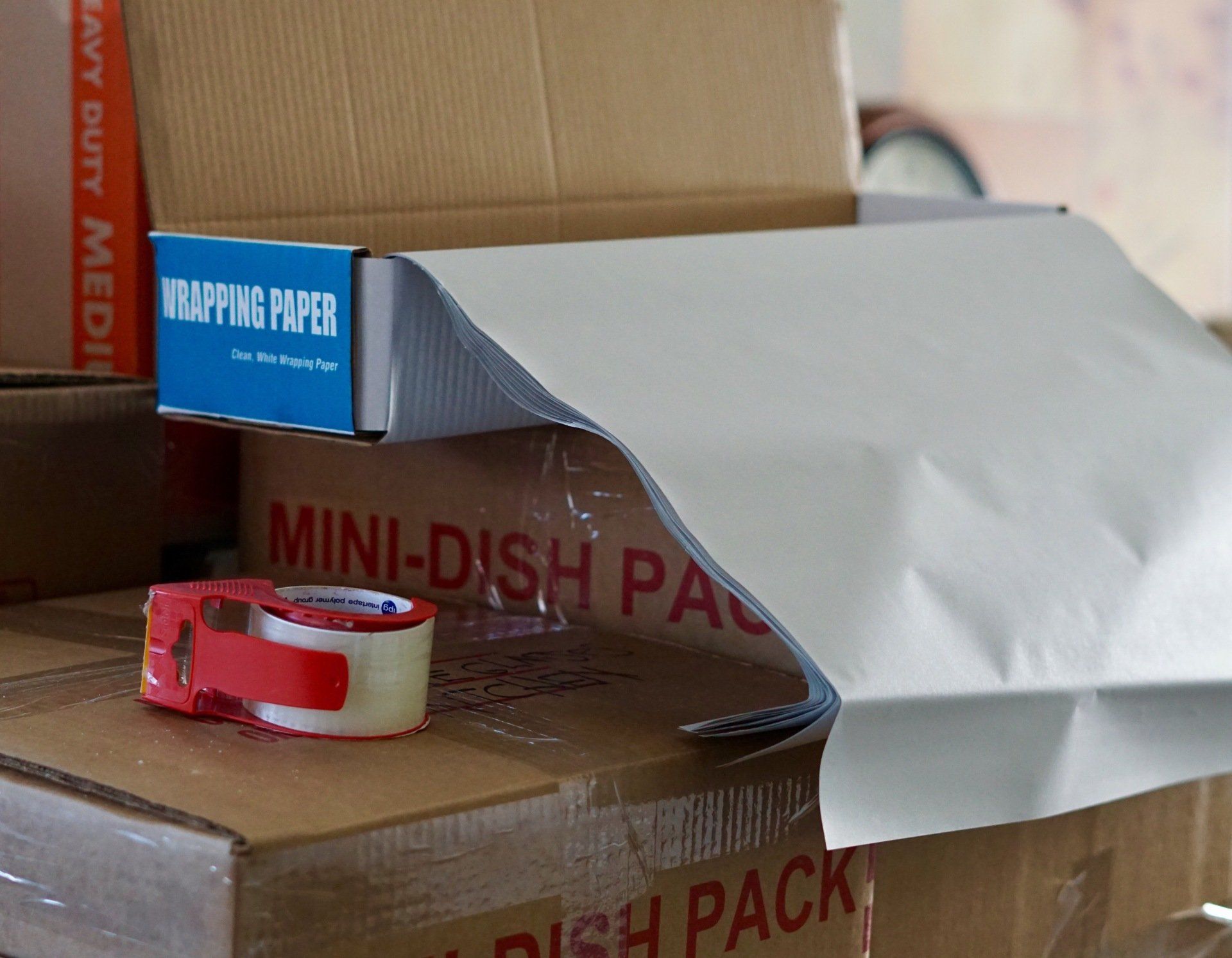
Get Your Packing Supplies
Packing supplies can get expensive, so you’ll want to do a bit of planning when it comes to buying what you need. Online packing cost calculators can help you figure out what to buy and how much it will cost. If you decide to go with a mover who offers packing services, this part will already be done for you. Some moving companies also sell and/or deliver packing supplies to your home.

Arrange For Donation Pick Up & Junk Hauling
One of the best pieces of moving advice is to only move what you need to. Any clothing, furniture, exercise equipment or electronics that you don’t want to bring into your new home can be donated in the moving process. What’s more, moving a great opportunity to take inventory of your possessions and scale down. Many organizations like Goodwill and Salvation Army offer donation pickup to make this process simple.
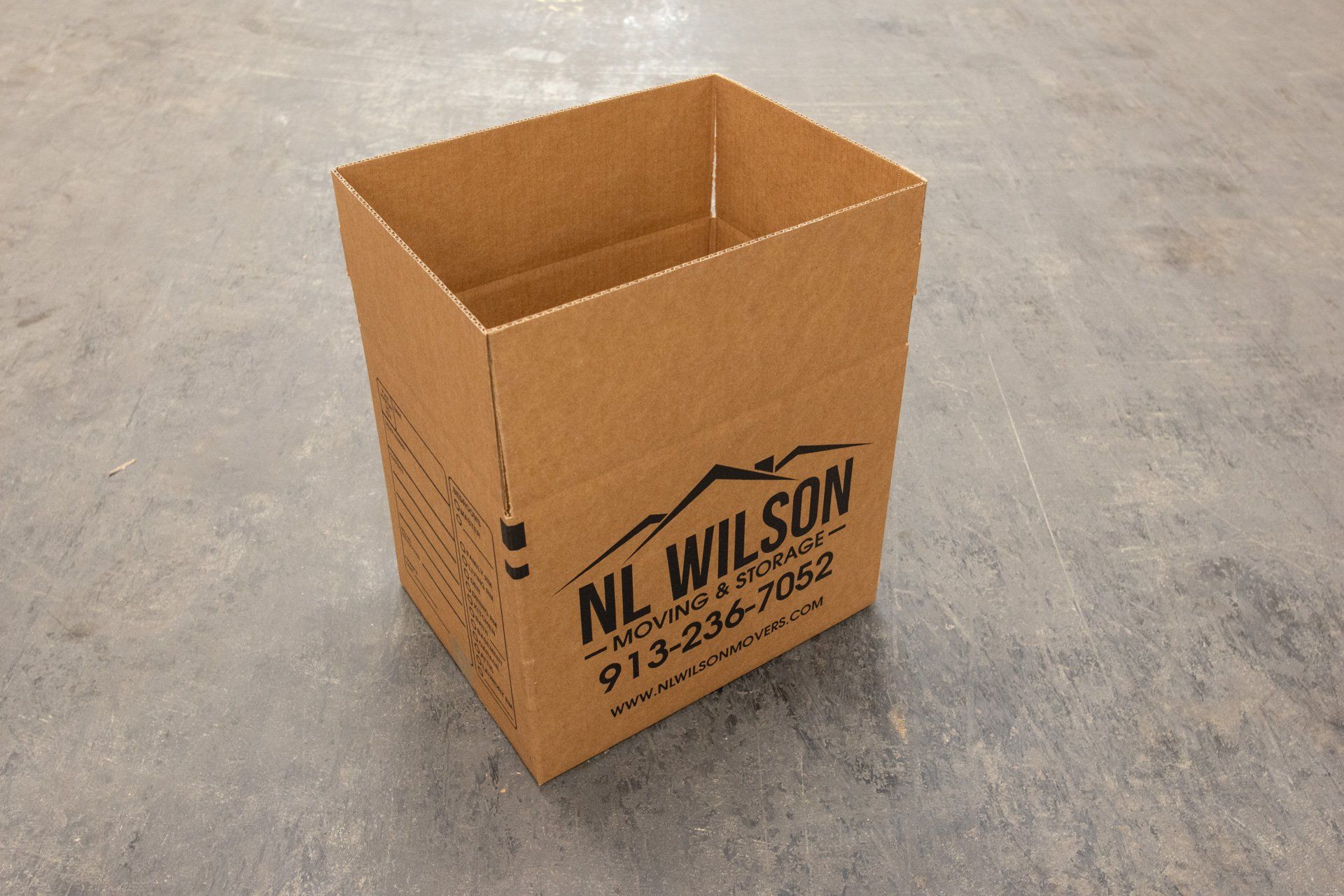
Pack Your Moving Bag
Turn your belongings into useful packing tools. Suitcases with wheels can be packed with heavy items like dishes and books. Blankets can be used to wrap large pieces of furniture like dressers and bookshelves to protect them from damage. You smaller pieces of linen, fabric placemats, towels, washcloths, etc. can be used to wrap small fragile items like glassware or dishware.
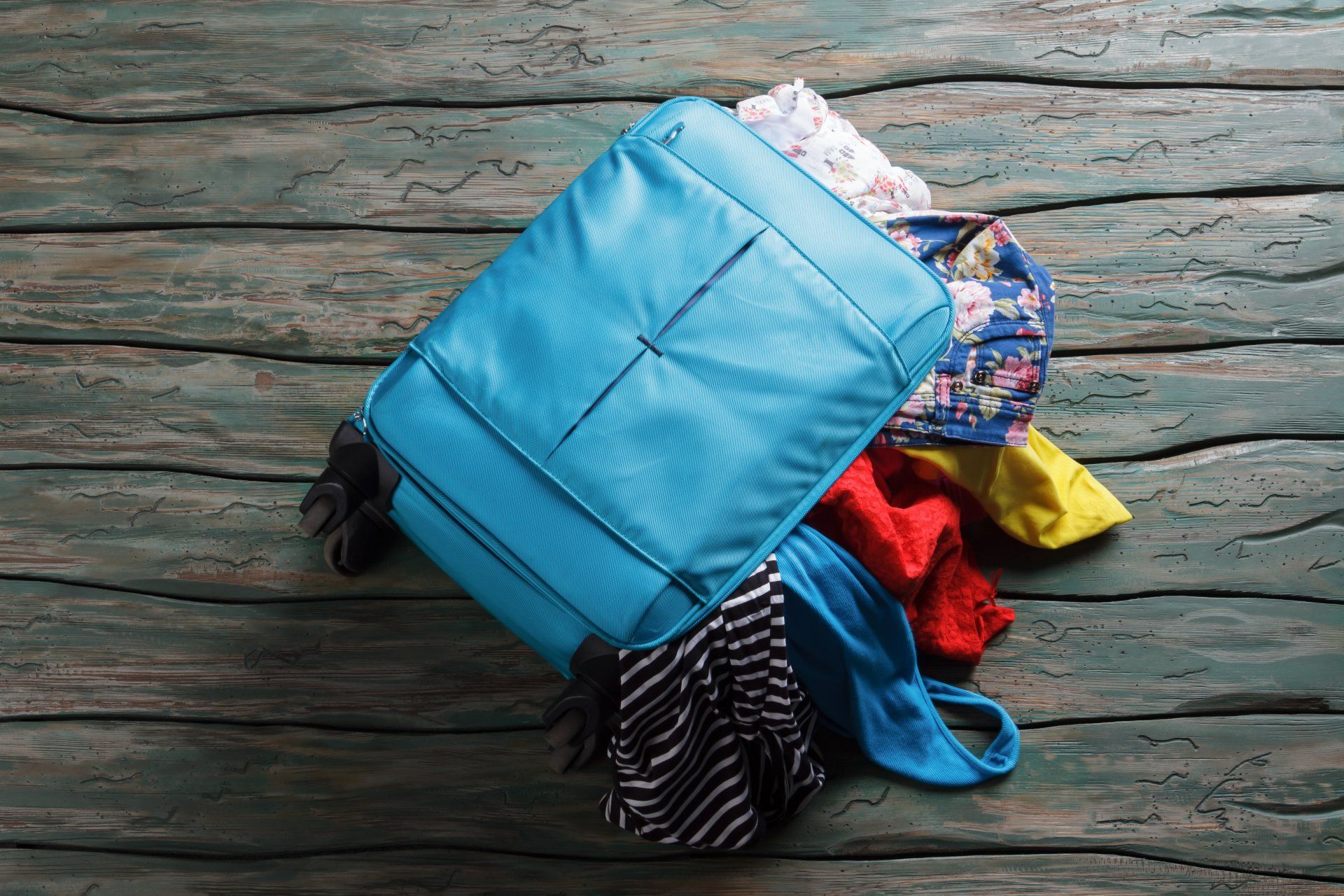
Pack Your Moving Bag
Pack a bag of all of the clothes, toiletries and important items and documents you’ll need over the next day or two of you move. This should include not only what you'll need for move day, but also what you’ll need the day or two after you’ve moved into your new home in case you aren’t able to start getting boxes unpacked right away.
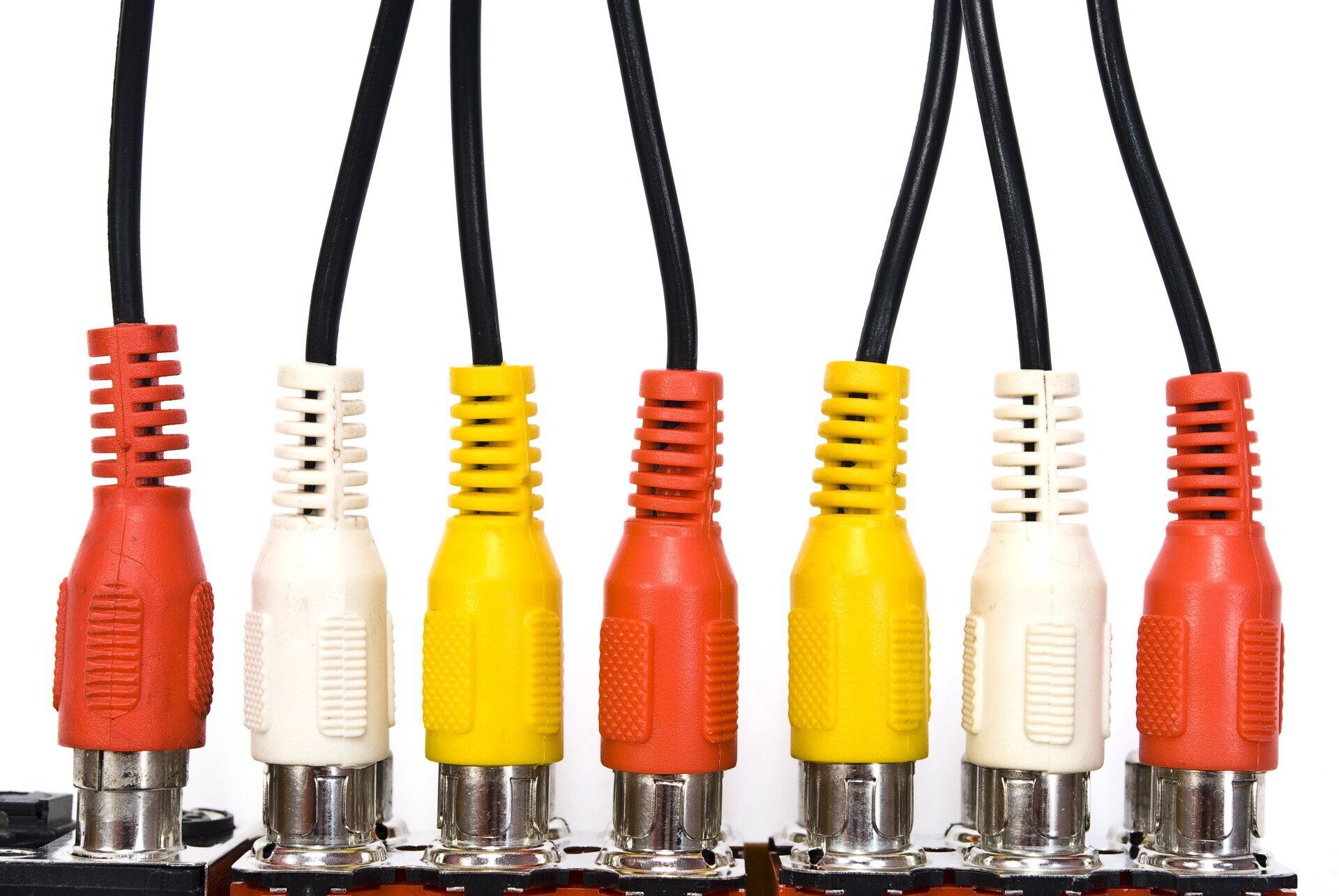
Take a Picture of Your TV Wiring
Trust us, this tip will save you so much time and the headache of trying to figure out how to make your TV functional again.
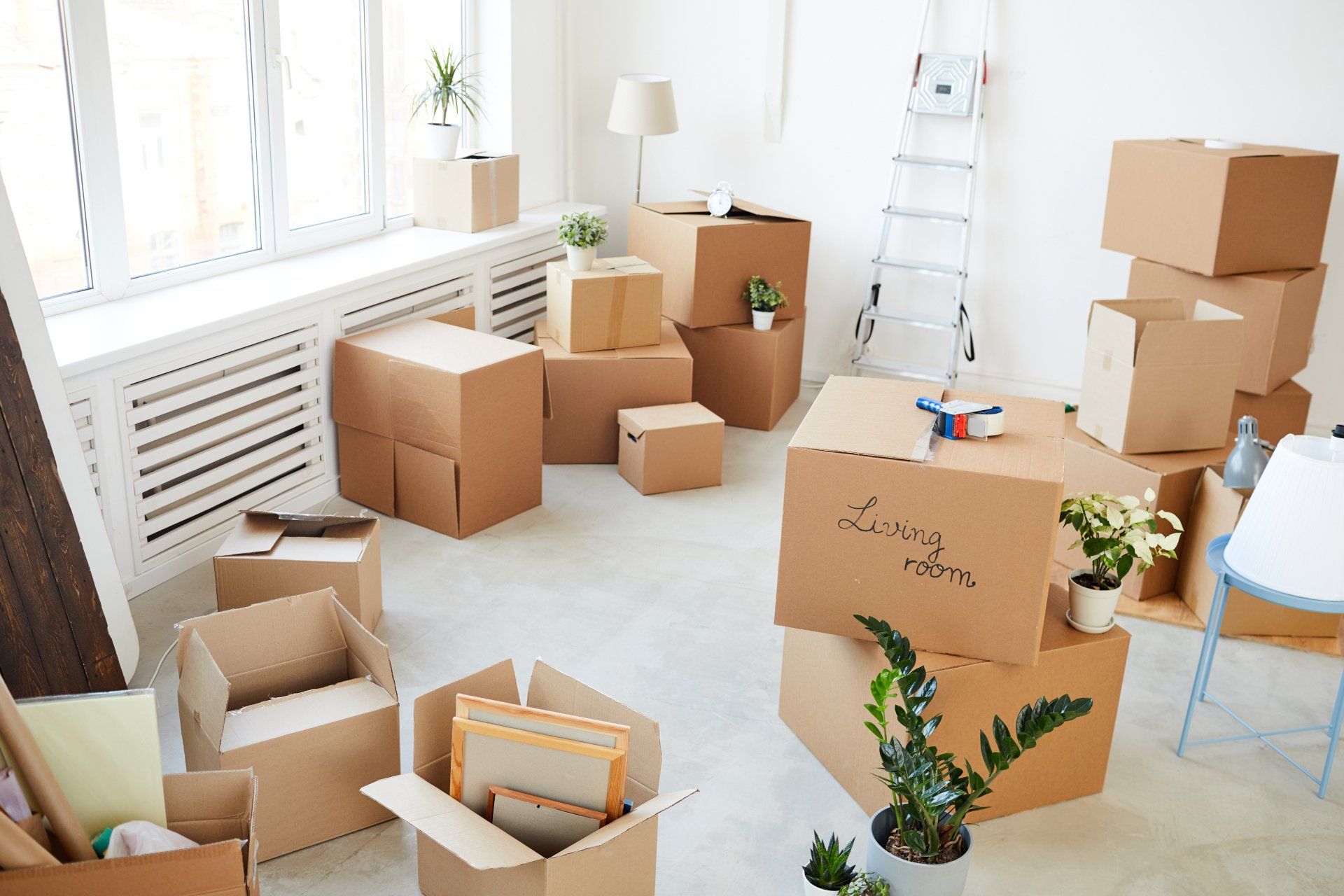
Keep Track of Box Contents Color Coding
Unless you have very few moving items, it will probably be difficult to keep track of what you have in each moving box. You can alleviate this issue, by writing the general contents of the box on the side of it or by taking pictures of the inside of your boxes once they’ve been packed. You can also use highlighters to color code your boxes.
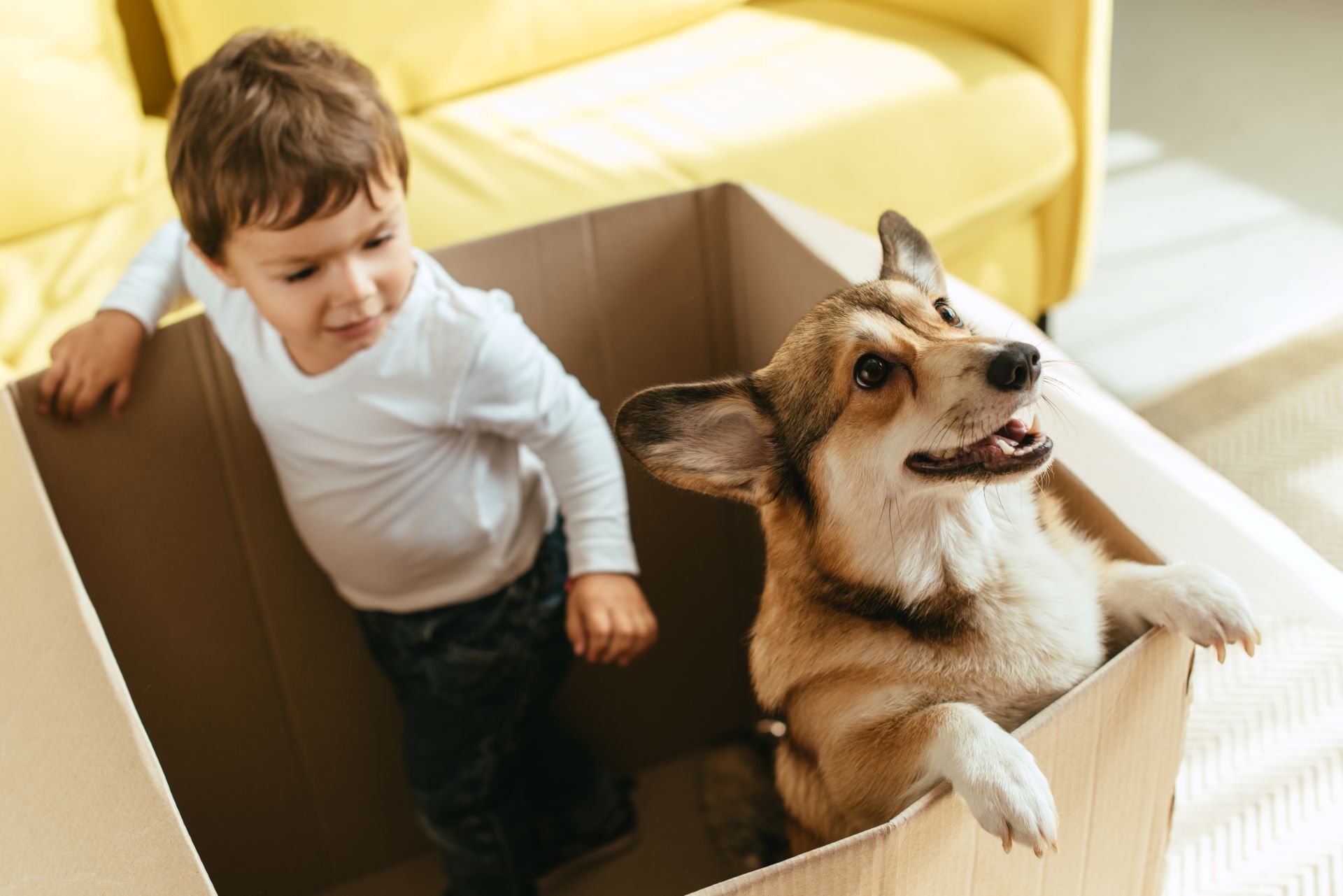
Have a Plan For Pets and Small Children
Moving day is always going to be somewhat stressful, this can be even more challenging when you have to keep an eye on young kids and pets. If possible, the best plan of action is to arrange for them to stay with a relative or friend’s house for this period of time.
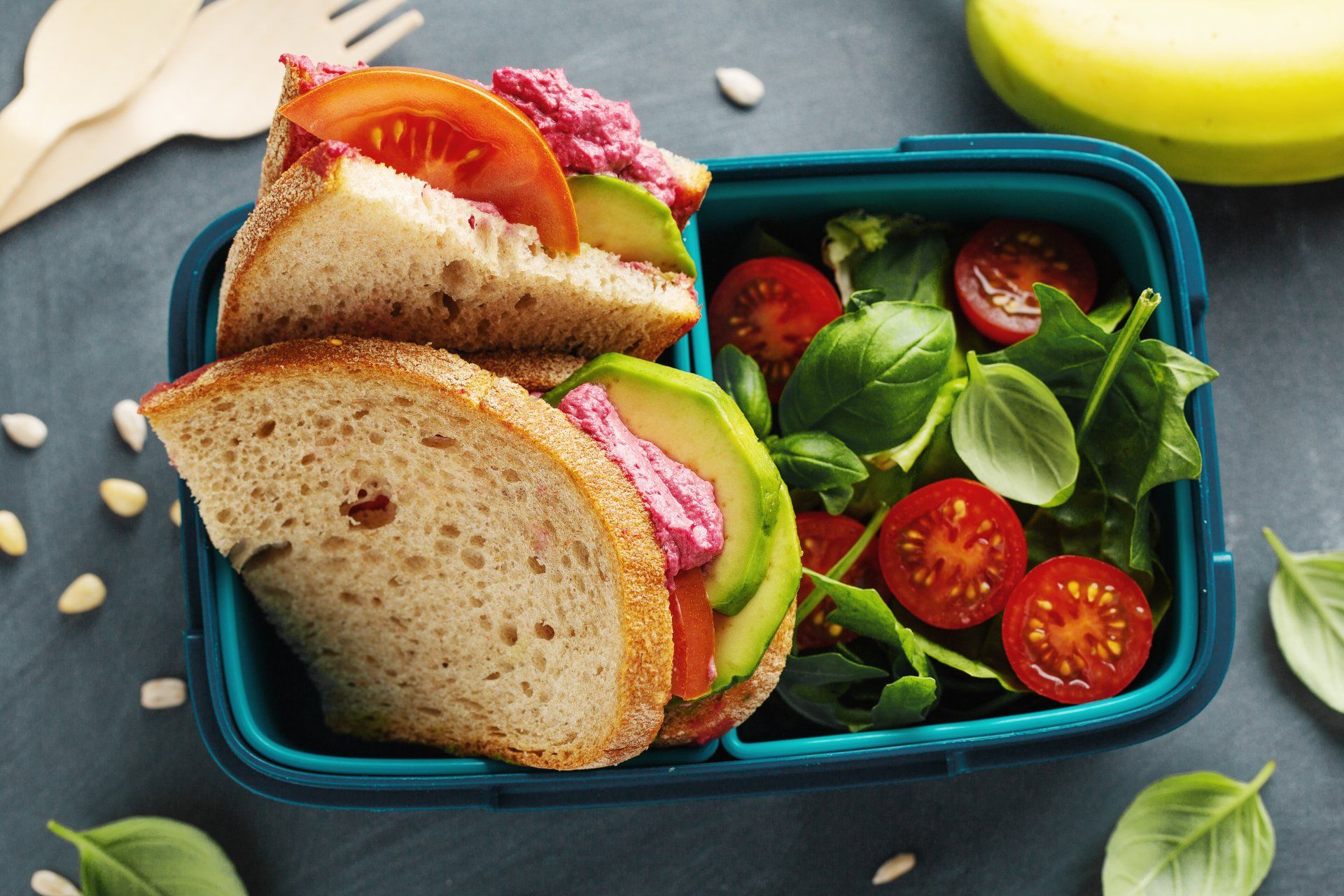
Don't Forget to Eat and Hydrate
Get a cooler and fill it with water, energy drinks, snacks and whatever else you’ll need to stay fed and hydrated on move day. It may even be a good idea to set a timer for snack breaks so you don’t forget to eat.

Give Your Unpacking A Deadline
Who hasn’t let boxes sit for months (or years) in their home that were never unpacked when they moved in? The truth is unpacking can take a significant amount of time. You can make a plan to get all of your things unpacked, bit by bit, over a certain period. This will help to keep the unpacking process from being overwhelming and while guaranteeing that all of your boxes get unpacked.
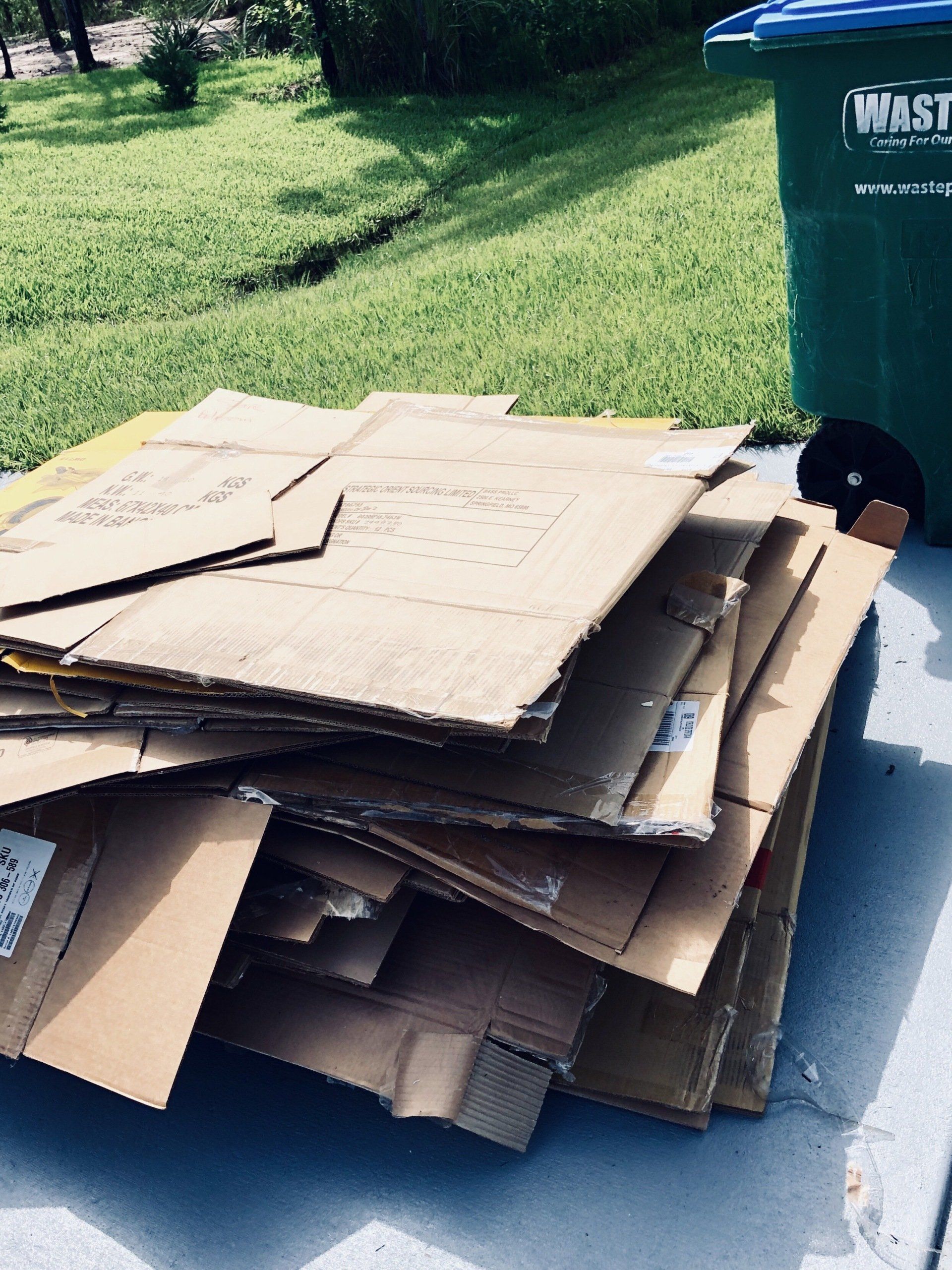
Remove Boxes As You Unpack
Speaking of feeling accomplished; once you’ve unpacked boxes, break them down and stack them in a corner of the room to go out for recycling. Having a visible marker of how much you’re getting done will make unpacking feel much more rewarding.
Packing & Unpacking Tips For Your Kansas City Move
If You Want To Move Like A Pro - Let NL Wilson Help
At some point, most of us will plan to move homes in our life. There’s dozens of reasons why, but the moving process always remains the same. When you’re on your journey to a new home, you’ll find that the amount of large and small details can be overwhelming without some level of organization and planning.
NL Wilson has over 50 years of experience in moving, packing, junk hauling and more. We know the best methods and strategies to get you moved, quickly, efficiently and affordably.
Get Your Quote
To schedule your move or receive more information, please fill out the form below or call us at 913-357-5330.
Preparing for Your New Move

Set a Moving Budget
The average cost of a local move is $500 for a one-bedroom apartment and $1,400 for a four-bedroom house. Long-distance cross-country or international moves will be more pricey. You can use online moving cost calculators to figure out a rough estimate of what the total cost of your move will be. It’s a good idea to budget enough to cover all costs plus an emergency fund for unexpected expenses.

Get Your Utilities Squared Away
Once you know you will be moving, contact your utility companies and make sure the appropriate accounts are transferred to, and installations are scheduled for, your new location. Your utility services typically include:
- Phone & Internet
- Water & Sewer
- Trash
- Gas
- Electricity
- Cable
- Alarm System

Get Your Packing Supplies
Packing supplies can get expensive, so you’ll want to do a bit of planning when it comes to buying what you need. Online packing cost calculators can help you figure out what to buy and how much it will cost. If you decide to go with a mover who offers packing services, this part will already be done for you. Some moving companies also sell and/or deliver packing supplies to your home.

Arrange For Donation Pick Up & Junk Hauling
One of the best pieces of moving advice is to only move what you need to. Any clothing, furniture, exercise equipment or electronics that you don’t want to bring into your new home can be donated in the moving process. What’s more, moving a great opportunity to take inventory of your possessions and scale down. Many organizations like Goodwill and Salvation Army offer donation pickup to make this process simple.

Pack Your Moving Bag
Turn your belongings into useful packing tools. Suitcases with wheels can be packed with heavy items like dishes and books. Blankets can be used to wrap large pieces of furniture like dressers and bookshelves to protect them from damage. You smaller pieces of linen, fabric placemats, towels, washcloths, etc. can be used to wrap small fragile items like glassware or dishware.

Pack Your Moving Bag
Pack a bag of all of the clothes, toiletries and important items and documents you’ll need over the next day or two of you move. This should include not only what you'll need for move day, but also what you’ll need the day or two after you’ve moved into your new home in case you aren’t able to start getting boxes unpacked right away.

Take a Picture of Your TV Wiring
Trust us, this tip will save you so much time and the headache of trying to figure out how to make your TV functional again.

Keep Track of Box Contents Color Coding
Unless you have very few moving items, it will probably be difficult to keep track of what you have in each moving box. You can alleviate this issue, by writing the general contents of the box on the side of it or by taking pictures of the inside of your boxes once they’ve been packed. You can also use highlighters to color code your boxes.

Have a Plan For Pets and Small Children
Moving day is always going to be somewhat stressful, this can be even more challenging when you have to keep an eye on young kids and pets. If possible, the best plan of action is to arrange for them to stay with a relative or friend’s house for this period of time.

Don't Forget to Eat and Hydrate
Get a cooler and fill it with water, energy drinks, snacks and whatever else you’ll need to stay fed and hydrated on move day. It may even be a good idea to set a timer for snack breaks so you don’t forget to eat.

Give Your Unpacking A Deadline
Who hasn’t let boxes sit for months (or years) in their home that were never unpacked when they moved in? The truth is unpacking can take a significant amount of time. You can make a plan to get all of your things unpacked, bit by bit, over a certain period. This will help to keep the unpacking process from being overwhelming and while guaranteeing that all of your boxes get unpacked.

Remove Boxes As You Unpack
Speaking of feeling accomplished; once you’ve unpacked boxes, break them down and stack them in a corner of the room to go out for recycling. Having a visible marker of how much you’re getting done will make unpacking feel much more rewarding.
WHAT OUR CUSTOMERS ARE SAYING

“Great job. I was stressed about this move and these guys help me ease a lot of the stress. They were quick to get me scheduled. They were eager to help me in any way. I really appreciate it. The guys were professional and nice, they handled every thing with care. Thank you!!”
Chris Phillips
“They handled my items with care and nothing was damaged or broken. They performed the job in the estimated time. Everyone was easy to work with from the office staff to the movers. I'd definitely use them again. Fair pricing as well.”
Kathy Bledsoe
“Amazing experience using NL Wilson. Another moving company backed out the morning they were supposed to move us and NL Wilson was able to get a crew out the same day. Very friendly, very efficient.”
Alan Martens
WHAT OUR CUSTOMERS ARE SAYING

“Great job. I was stressed about this move and these guys help me ease a lot of the stress. They were quick to get me scheduled. They were eager to help me in any way. I really appreciate it. The guys were professional and nice, they handled every thing with care. Thank you!!”
Chris Phillips
“They handled my items with care and nothing was damaged or broken. They performed the job in the estimated time. Everyone was easy to work with from the office staff to the movers. I'd definitely use them again. Fair pricing as well.”
Kathy Bledsoe
“Amazing experience using NL Wilson. Another moving company backed out the morning they were supposed to move us and NL Wilson was able to get a crew out the same day. Very friendly, very efficient.”
Alan Martens
GET PACKED THE RIGHT WAY
In the unfortunate event that cargo damage does occur on your move, you must complete the attached Cargo Claim Form in its entirety and submit the completed form to claims@nlwilsonmovers.com, you may also fax to (913) 307-0131 or send via regular mail to 315 N. Lindenwood Dr, Olathe, KS 66062.
Failure to provide NL Wilson Moving, Inc. with a completed claims form within 30 days from the date of delivery will mean that it is presumed that the damage did not occur during the move. Please include any photos you have that document the damaged item(s).
If you chose and paid for Full Replacement Value (FRV); This means that if an item is damaged, we must pay to repair it or have the repairs completed for you. If the item cannot be repaired, we must pay the replacement value of the item.
GET PACKED THE RIGHT WAY
In the unfortunate event that cargo damage does occur on your move, you must complete the attached Cargo Claim Form in its entirety and submit the completed form to claims@nlwilsonmovers.com, you may also fax to (913) 307-0131 or send via regular mail to 315 N. Lindenwood Dr, Olathe, KS 66062. Failure to provide NL Wilson Moving, Inc. with a completed claims form within 30 days from the date of delivery will mean that it is presumed that the damage did not occur during the move. Please include any photo’s you have that document the damaged item(s).
If you chose and paid for Full Replacement Value (FRV); This means that if an item is damaged, we must pay to repair it or have the repairs completed for you. If the item cannot be repaired, we must pay the replacement value of the item.
ADDRESS
OUR HOURS
- Mon - Fri
- -
- Saturday
- -
- Sunday
- Closed
ADDRESS
OUR HOURS
- Mon - Fri
- -
- Saturday
- -
- Sunday
- Closed
Managed by Tekkii
All Rights Reserved | NL Wilson Moving & Storage
